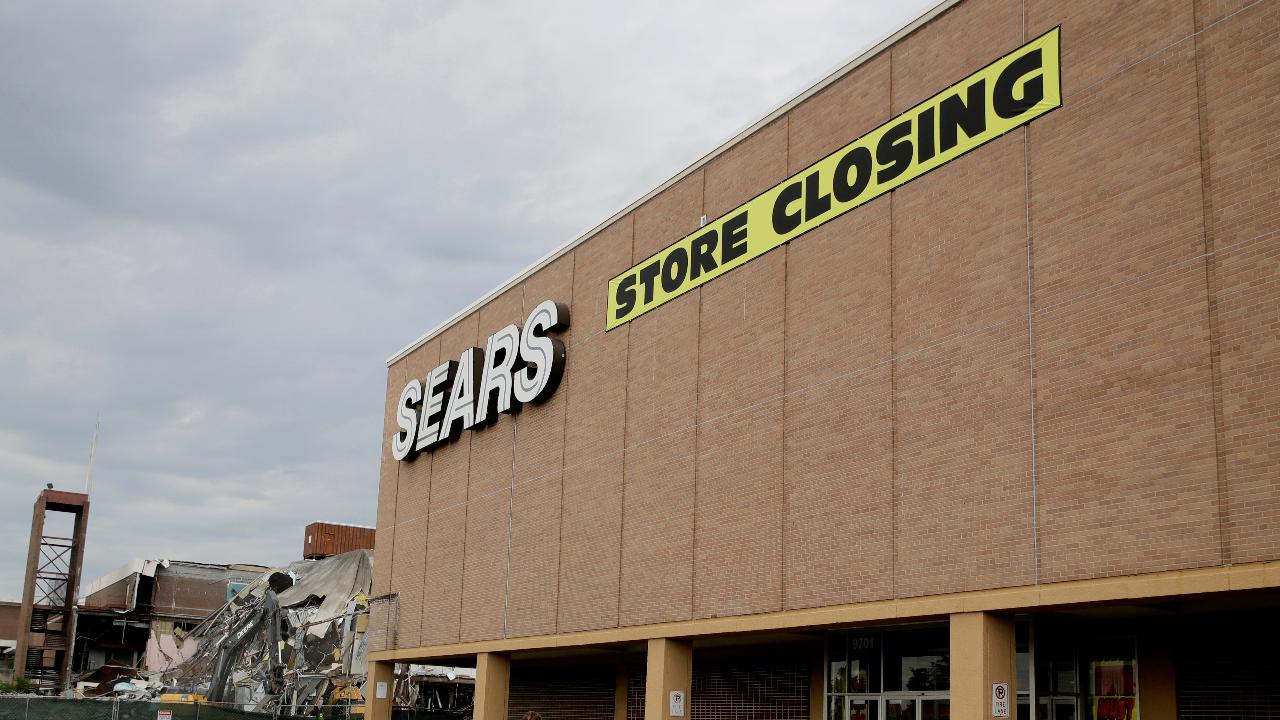Sears' bankruptcy: The true cost
Many consumers hailed the news that Sears, the once-giant-now-bankrupt retail department store, may be able to find financing to keep its doors temporarily open through the holidays. But consumers should read the fine print before heading to the store.
The demise of the brick-and-mortar behemoths is nothing new in our Amazon-run world. In 2018 alone, consumers have watched in awe at the liquidations of companies like Toys R Us, Remington Outdoor, Brookstone, and Mattress Firm.
But amid the questioning of how society arrived at a place where established players like Sears couldn’t adapt, no one asked a more basic question: will already-purchased gift cards be honored by the store?
If you believe gift cards are just a small, side issue, you’re wrong. In 2015 alone, consumers across the country spent $130 billion on gift cards, according to a CEB Tower Group Report. But what happens after the purchase of the card is less clear.
CLICK HERE TO GET THE FOX BUSINESS APP
In many cases, consumers themselves either lose or simply never spend the money on the card. For instance, since the start of the great Recession, an estimated $44 billion in gift-card value has been accumulating unused, according to a report by CardHub, an online credit card and gift card marketplace. That’s billions of dollars just sitting on the sidelines.
But bankruptcies are special circumstances. So, let’s say that your uncle sent you a $50 Sears gift card last year for the holidays. You’ve been waiting to use it, but just haven’t gotten around to it. Is the card still worth $50? Will the Sears honor it today if you brought it back to them? What about next week?
The answer is murky. The leadership of Sears is bogged down trying to work out the financing that keeps stores open and perhaps allows CEO Eddie Lampert to make a bid for the troubled assets. Gift cards are near the bottom of their priority list.
But one of the reasons Sears and other defunct stores can get a loan of this size is because the creditors believe that keeping stores open, at least through the potentially lucrative holiday season, will generate immediate cash payments for the remaining store inventory. Part of mitigating their overall losses includes not honoring previously-issued gift cards. Simply put, financiers are seeking cash to help provide enough financing to help with the sale of the company’s assets, not honor old consumer debt. As such, once the loan is finalized the $50 card from your uncle may not be worth the plastic it is printed on.
The solution to this problem is less than obvious. Neither state legislatures nor Congress has seen fit to provide any protections to consumers in this regard. Both Attorneys General and State Legislatures could require that companies place a portion of the proceeds of card sales in a trust to fund outstanding liabilities in times of crisis. But this clearly isn’t on the legislative priority list either.
Consumer advocates should at least recognize that management of a struggling company may not know whether it will be able to honor gift cards, especially early on in a case when it is far from clear what the end game will be.
That said, company leadership should do a better job letting consumers know whether their cards will be honored or not – either with public statements or social media. Consumers are already confused by how a company like Sears could go out of business in the first place. People have lost their jobs. Communities are struggling. The last thing they should have to do is sift through legal filings to understand whether the card in their wallet is worth anything.
Instead of cheering, consumers should check the fine print – and their drawers for old gift cards.
David Scharf, Partner & Chair at MorrisonCohen, LLP with an expertise in Restructurings & Foreclosures. Follow him @YDavidScharf




















